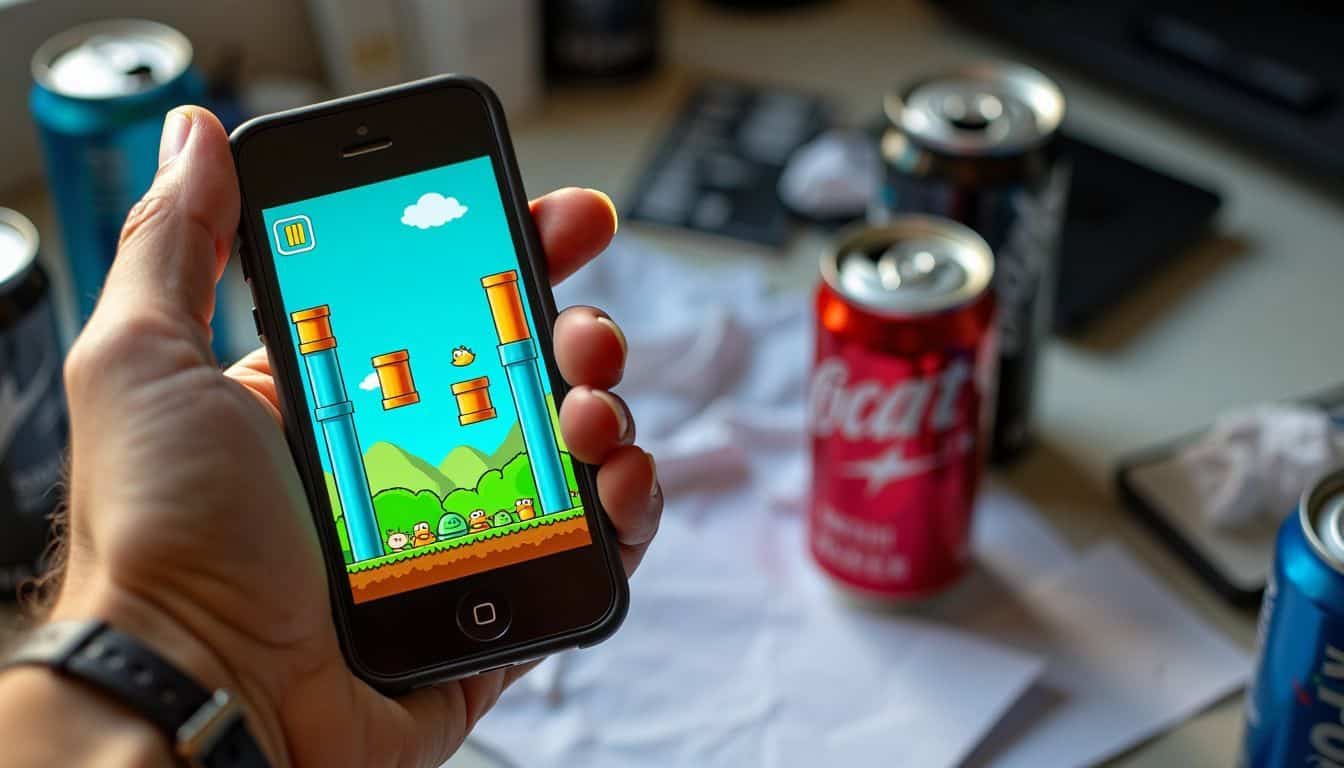Ever wondered why Flappy Bird suddenly vanished from app stores? It’s a head-scratcher that left millions of gamers tapping at thin air. Flappy Bird, the mobile game sensation of 2014, was yanked from digital shelves at the height of its popularity.
This article digs into the shocking truths behind why Flappy Bird was removed. Buckle up – it’s a wild ride!
Key Takeaways
Flappy Bird topped app stores for 24 days in 2014, earning $50,000 daily from ads.
Creator Dong Nguyen removed the game due to stress from sudden fame and worries about its addictive nature.
The game’s simple yet difficult gameplay sparked debates about mobile game ethics and design.
Flappy Bird’s success led to many copycat games and changed how developers view simple, addictive apps.
The game’s legacy teaches solo developers to prepare for sudden success and protect their work legally.
Table of Contents
The Viral Rise of Flappy Bird
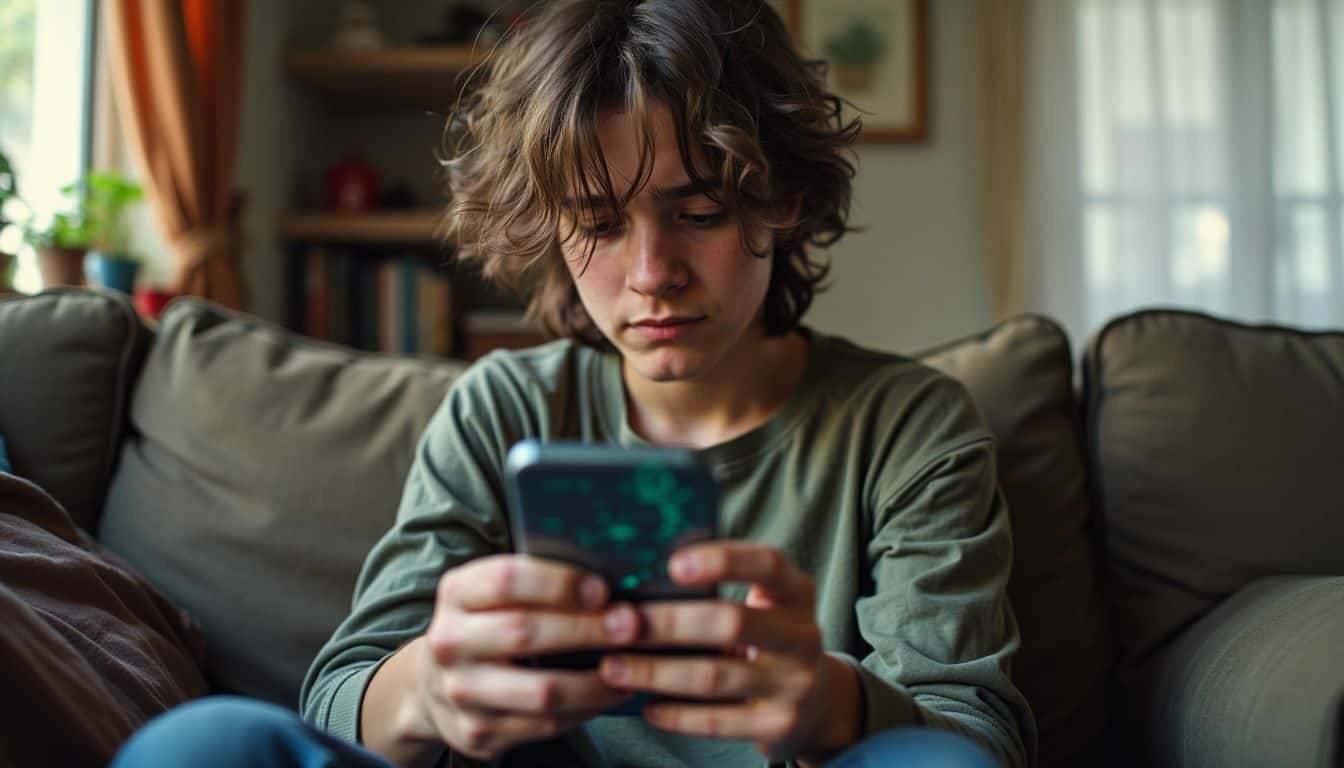
Flappy Bird took off like a rocket in early 2014. It zoomed to the top of app stores, leaving folks scratching their heads about its wild success.
Popularity and core gameplay of Flappy Bird
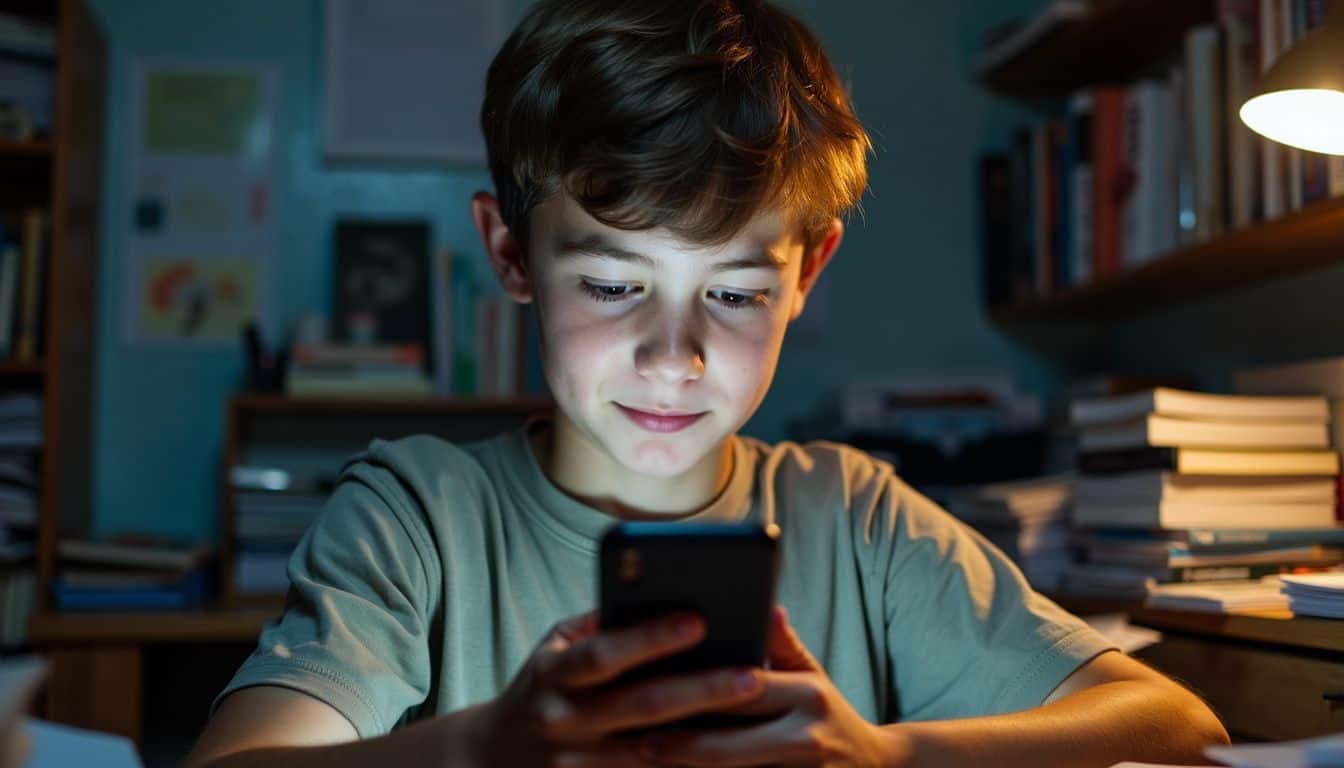
Flappy Bird took the mobile gaming world by storm in 2014. This simple yet tough game shot to the top of Apple’s App Store, staying there for 24 straight days. Players tapped their screens to guide a tiny bird through gaps between pipes.
Sounds easy, right? Wrong! The game’s brutal difficulty made it both frustrating and addictive.
I spent hours trying to beat my high score of 12. The game’s charm lay in its basic graphics and straightforward gameplay. Tap too little, and your bird drops like a rock. Tap too much, and it soars into a pipe.
Finding that sweet spot was maddening… and oddly fun. As the game’s fame grew, so did its daily ad revenue – a whopping $50,000! This sudden success set the stage for what came next.
Flappy Bird was designed to play in a few minutes when you are relaxed. But it happened to become an addictive product. I think it has become a problem. – Dong Nguyen
Media spotlight and player reactions
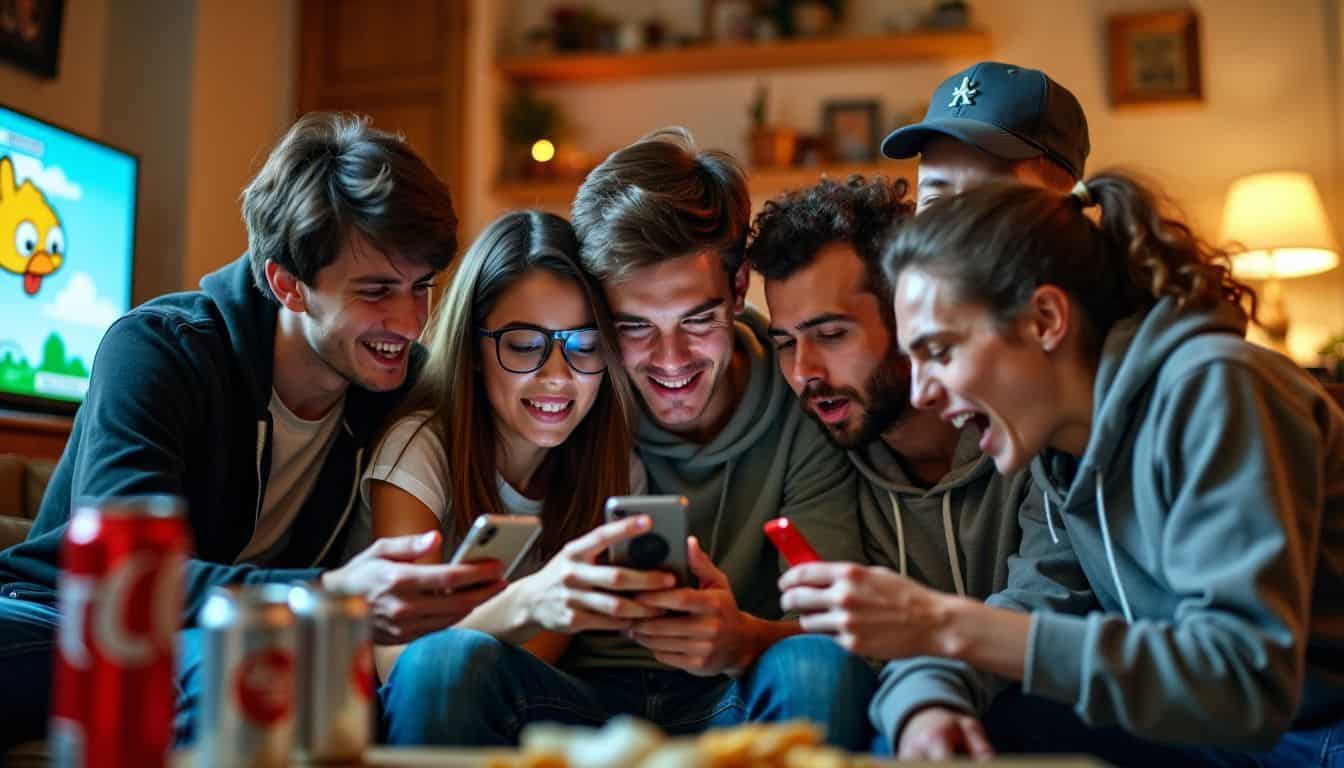
Flappy Bird hit the App Store like a storm. It soared to the top spot for 24 straight days. Players couldn’t get enough of its simple yet tricky gameplay. The media went wild, talking about this little game that could.
Folks were hooked, tapping away for hours. But not everyone was happy. Some players got mad at how hard it was. Others praised its addictive charm. The buzz was real, and it spread like wildfire on social media.
This sudden fame sparked big talks in the gaming world. People wondered if other small-time apps could make it big too. The game’s look, similar to Super Mario Bros., raised eyebrows.
Critics asked if it was too close to Nintendo’s classic. Meanwhile, rumors flew about big deals with Amazon. Everyone wanted a piece of Flappy Bird’s success. It was a crazy time for indie games, and Flappy Bird was leading the charge.
The Pressure of Sudden Fame

Fame hit Dong Nguyen like a ton of bricks. One day, he was a regular coder, the next… millions knew his name and game.
Stress factors and public statements from the developer
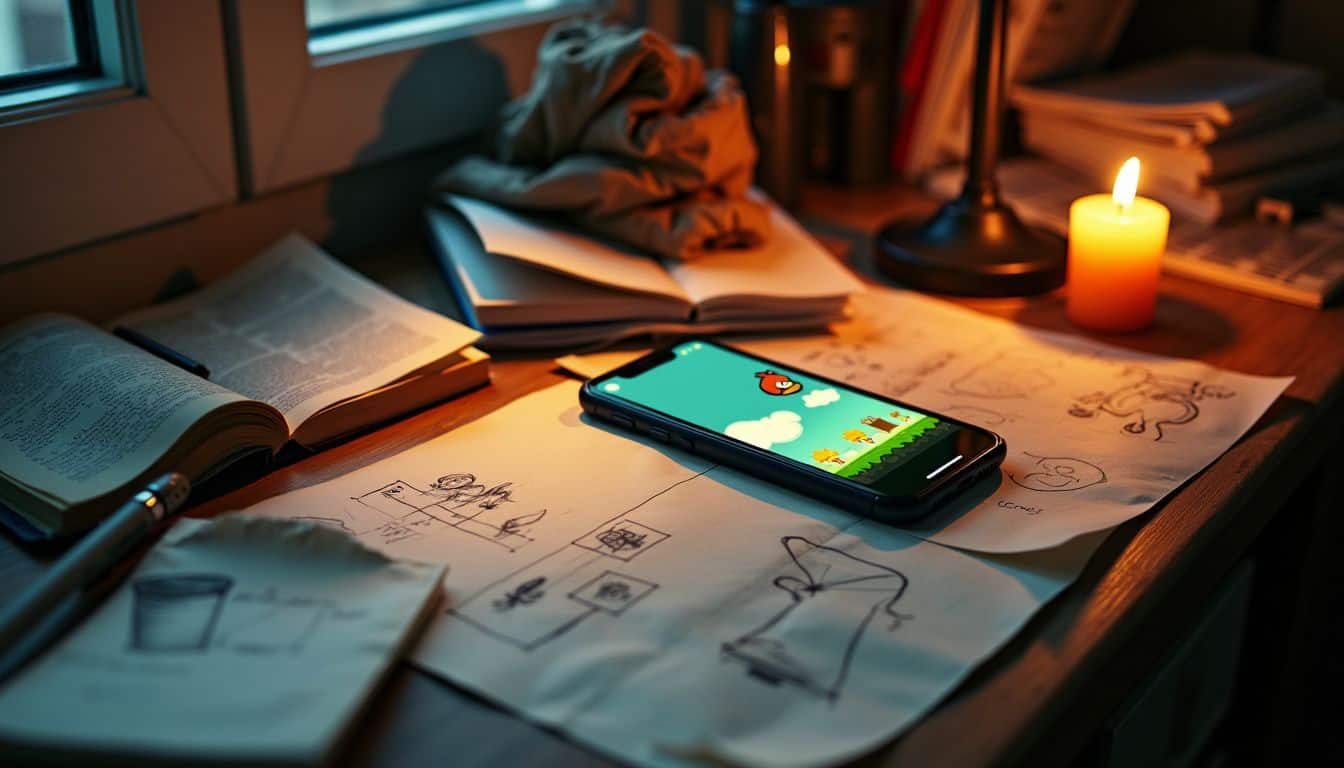
Dong Nguyen, Flappy Bird’s creator, felt the heat of sudden fame. His simple game blew up overnight, bringing in a whopping $50,000 a day from ads. But this success came at a cost.
Nguyen found himself in the spotlight, facing constant media attention and player demands. He wasn’t ready for it.
On Twitter, Nguyen shared his struggles. “I can’t take this anymore,” he tweeted, hinting at the stress. He worried about how addictive Flappy Bird had become. People were hooked, playing for hours on end.
This wasn’t what he wanted. The pressure got so bad that Nguyen made a tough call – he yanked Flappy Bird from app stores. He chose a quieter life over fame and fortune.
Effects of fame on the developer’s personal and professional life

Fame hit Dong Nguyen like a ton of bricks. His simple game, Flappy Bird, shot to the top of app stores overnight. Suddenly, he was in the spotlight. Fans and media hounded him day and night.
His phone buzzed non-stop with messages and calls. Sleep became a luxury. The stress piled up fast. He couldn’t focus on his work or enjoy time with family. It was too much, too soon.
Nguyen’s pro-life took a weird turn, too. People started doubting his success. Some said he used shady tricks to get popular. Others claimed he stole ideas. The rumors stung. He felt trapped between fame and accusations.
It was a no-win situation. The pressure got so bad, he pulled the plug on Flappy Bird. But even after that, trademark issues kept haunting him. The whole mess shows how tough it can be for indie devs to handle sudden fame.
I can call ‘Flappy Bird’ is a success of mine. But it also ruins my simple life. So now I hate it. – Dong Nguyen
Now, let’s look at why Nguyen decided to remove Flappy Bird from app stores.
The Decision to Remove Flappy Bird
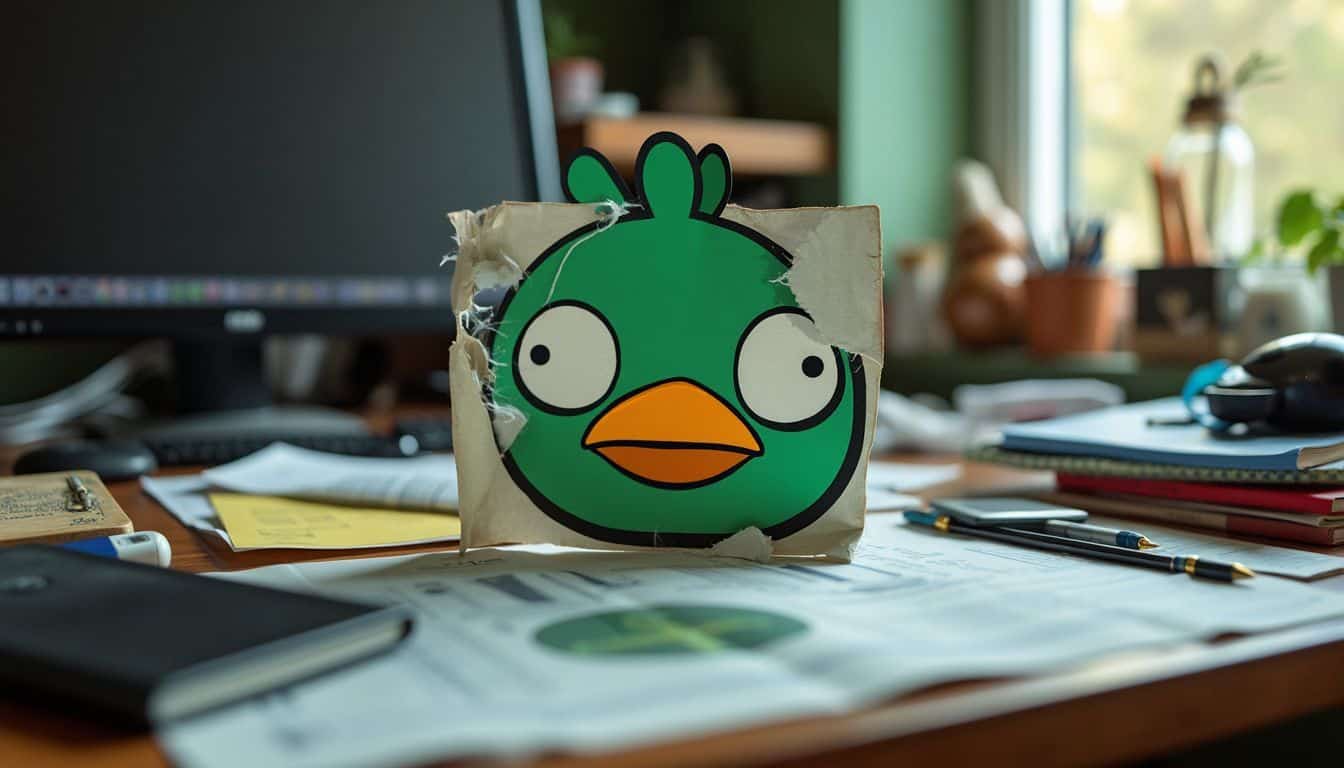
Dong Nguyen shocked the world when he yanked Flappy Bird from app stores. His decision came from a mix of guilt and stress. The game’s addictive nature had him worried about its impact on players’ lives.
Concerns about the game’s addictive qualities
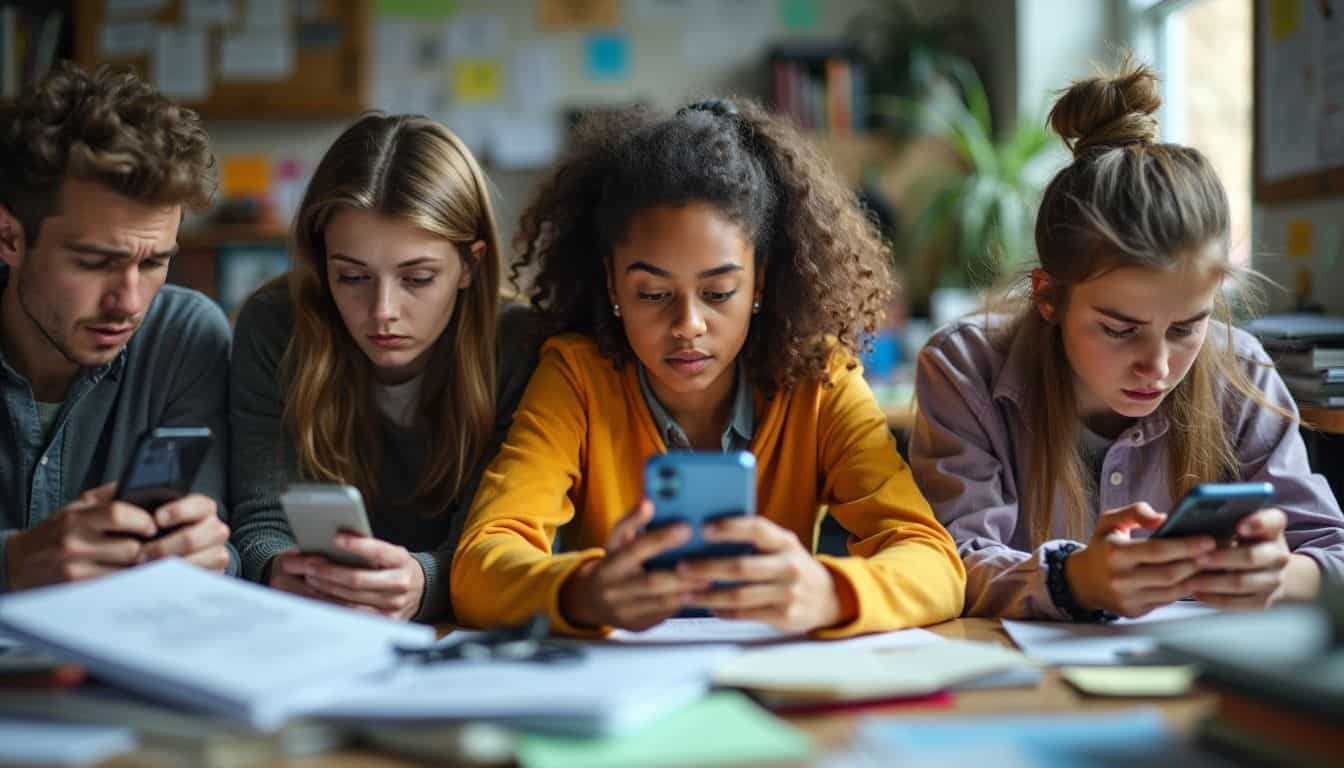
Flappy Bird’s simple tap-to-fly mechanic hooked players like a digital drug. Kids and adults alike couldn’t put their phones down, tapping away for hours. This addiction worried many, including the game’s creator, Dong Nguyen.
He saw how the game ate into people’s lives and work. Players would fail over and over but keep coming back for more. It was a far cry from classic platformer games like Super Mario Bros.
The game’s pull sparked heated debates. Was Flappy Bird worse than other mobile games? Some said yes, pointing to its bare-bones design that made it easy to pick up but hard to master.
Others argued it was no different from other popular apps. Either way, the fuss got so big that Nguyen felt he had to act. He yanked Flappy Bird from app stores, giving up loads of ad money in the process.
Media and user feedback influence
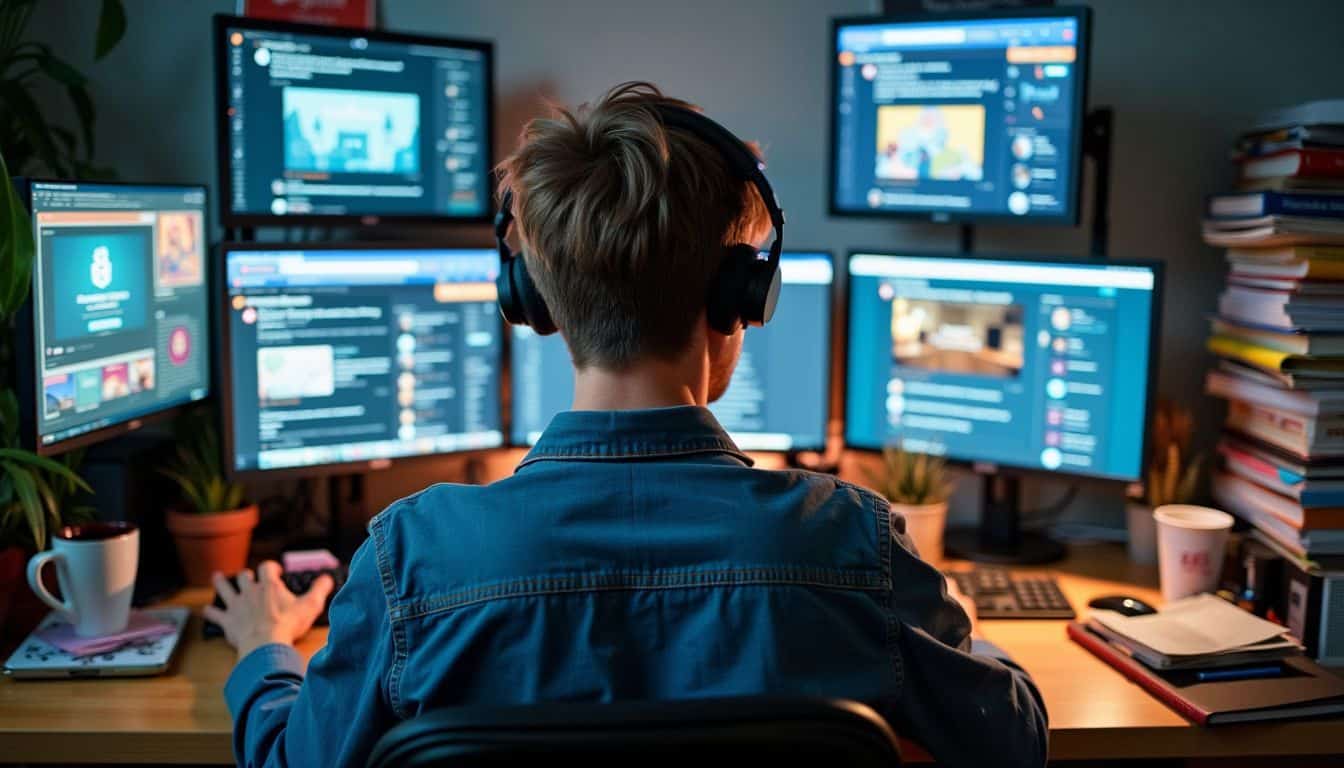
As the game’s addictive nature sparked debate, media and user feedback played a huge role in Flappy Bird’s fate. Fans and critics alike flooded social media platforms with their thoughts.
Some praised the game’s simple charm, while others slammed its frustrating difficulty. This mix of love and hate caught fire online.
YouTubers and streamers jumped on the Flappy Bird bandwagon, creating tons of content about the game. Their videos racked up millions of views, adding fuel to the viral fire. The intense spotlight put massive pressure on Dong Nguyen, the game’s creator.
He found himself thrust into a world he wasn’t ready for. User discussions about possible changes to Flappy Bird also weighed heavily on Nguyen’s mind. In the end, the non-stop chatter and attention became too much to bear.
The Aftermath and Legacy of Flappy Bird
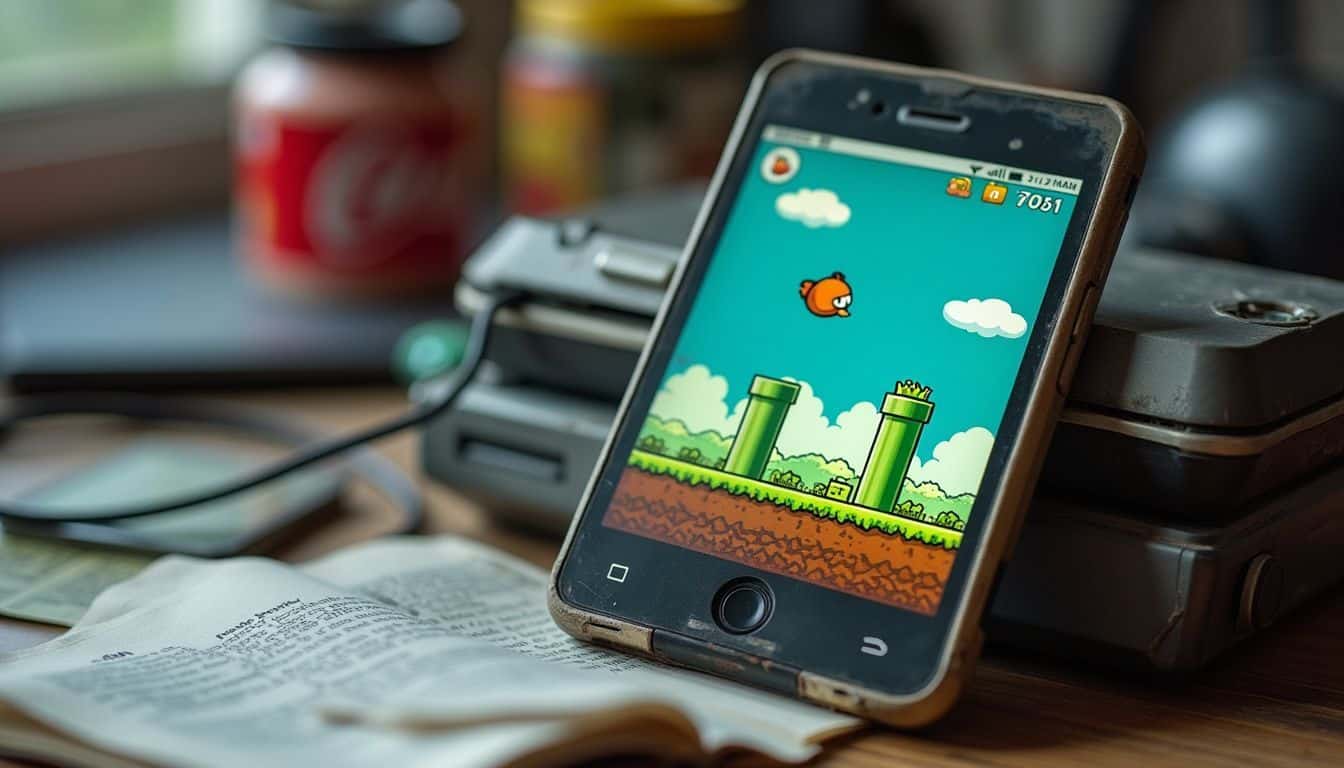
Flappy Bird’s sudden exit left a big mark on gaming. It sparked a wave of copycats and changed how we think about simple, addictive apps.
Influence on the video game industry
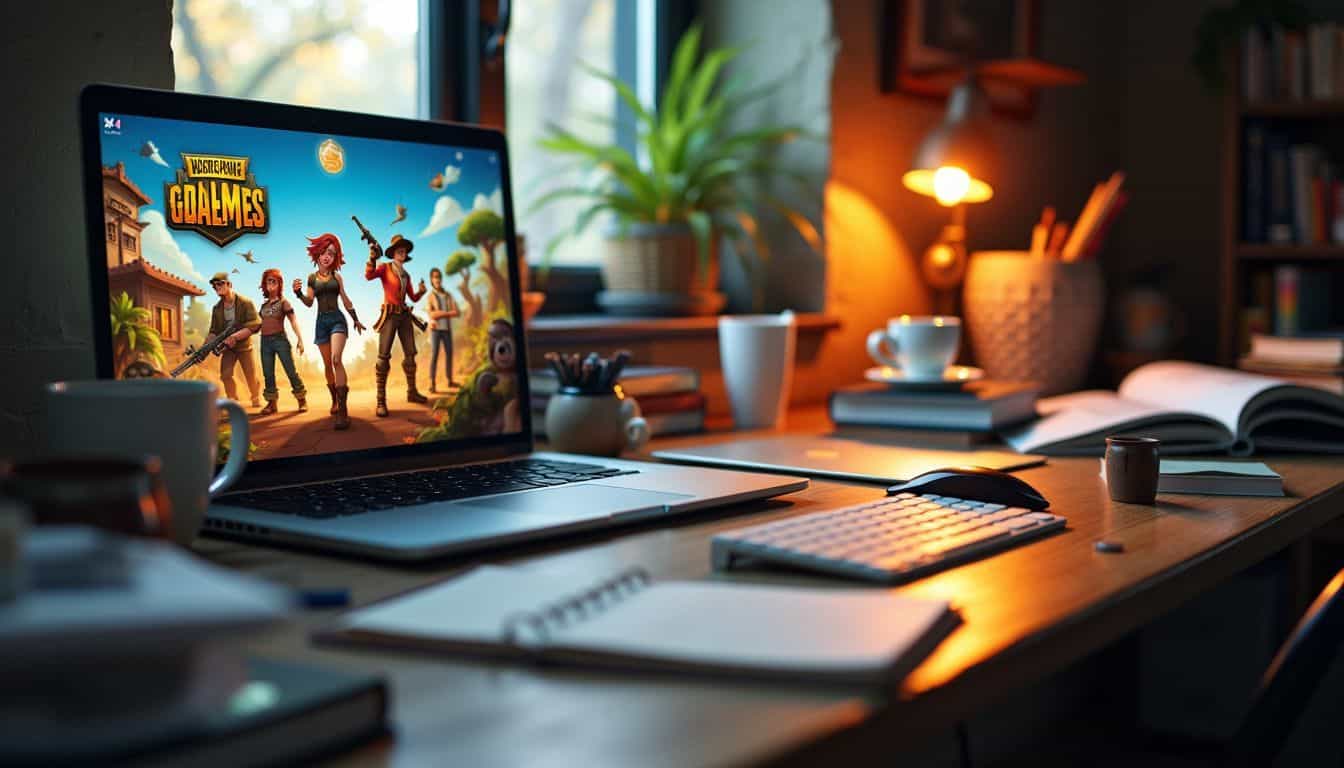
Flappy Bird shook up the game world big time. It showed that simple games could make big bucks – about $50,000 a day from ads! This made other developers sit up and take notice. They started thinking, “Hey, we can do this too!” Soon, tons of copycat games popped up everywhere.
It was like a Flappy Bird party, and everyone wanted in.
But it wasn’t all fun and games. The app’s crazy success sparked talks about game design ethics. People wondered if making super addictive games was okay. It got folks thinking about how games hook players.
Some even compared it to gambling. Speaking of which, if you’re into games of chance, check out the best online casino South Africa has to offer.
They’ve got games that are just as thrilling, but way easier to play. Anyway, Flappy Bird’s legacy lives on. It changed how we think about mobile games forever.
Key takeaways for solo game developers
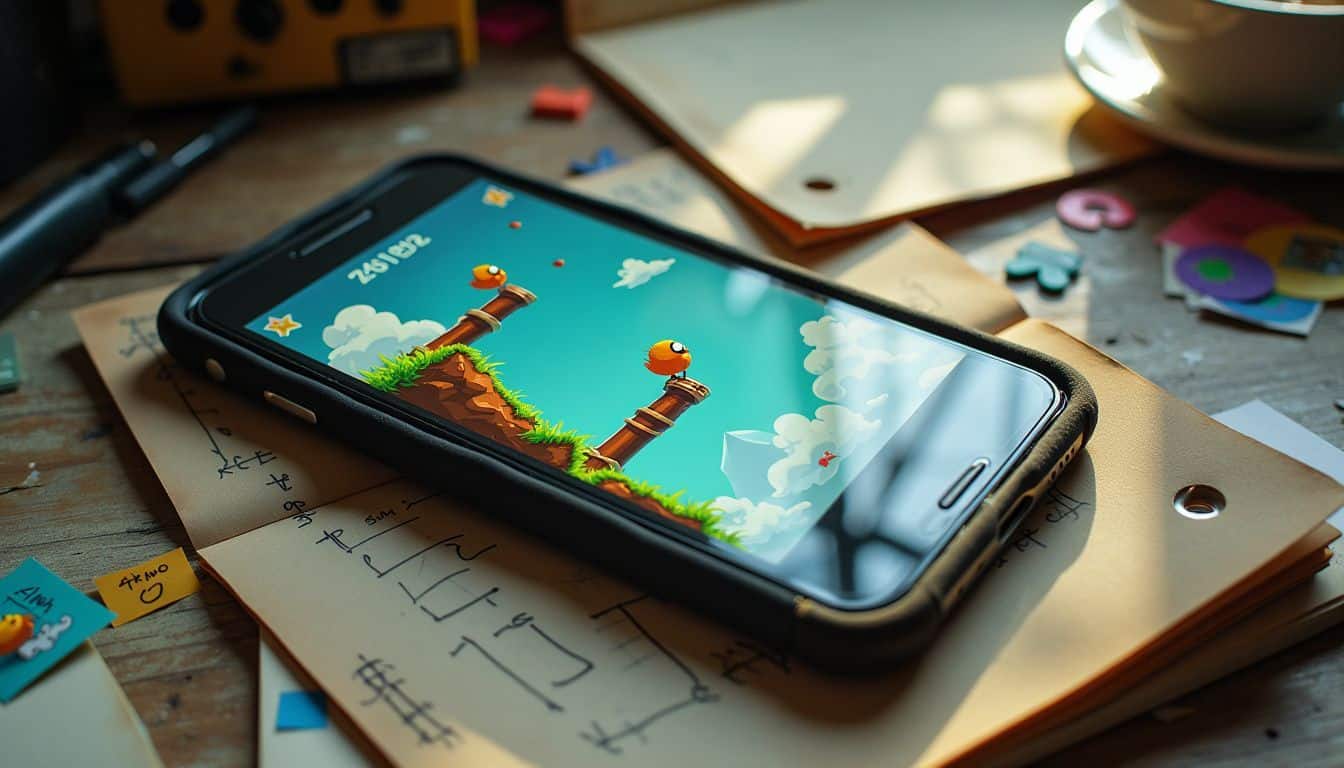
Solo game makers can learn a lot from Flappy Bird’s wild ride. First off, success can hit fast – be ready! A simple game might explode months after launch. It’s important to stay calm and plan for sudden fame.
Also, consider how your game might affect players. Is it too addictive? Could it cause issues? These are important questions to think about before you hit ‘publish’.
Indie game developers should also look after their creations. Protect your work! Make sure you own the rights to your game.
This helps avoid legal problems later. Lastly, be honest with your marketing. Don’t use questionable methods to get downloads. Building trust with players is much more valuable than quick cash.
Your reputation in the game industry is crucial!
People Also Ask
What happened to Flappy Bird on Google Play and iTunes?
Flappy Bird vanished from both stores overnight. The creator pulled the plug, leaving fans scratching their heads. It was like the game flew the coop!
Did copyright or licenses cause Flappy Bird’s removal?
Nope, that’s barking up the wrong tree. The game’s demise wasn’t due to legal eagles. It was more of a personal decision by the developer.
How did YouTube channels like PewDiePie affect Flappy Bird?
Game-streaming giants like PewDiePie gave Flappy Bird wings. Their videos sent the game’s popularity soaring, but also cranked up the pressure on its creator.
Was Flappy Bird’s bounce rate a factor in its downfall?
Ironically, the game’s stickiness was part of its undoing. Players couldn’t put it down, leading to concerns about addiction. Talk about being too good for your own good!
Did privacy concerns or GDPR play a role in Flappy Bird’s removal?
Privacy wasn’t the bird killer here. Unlike platforms like Facebook or Coursera, Flappy Bird didn’t ruffle feathers with data issues or third-party cookies.
Is there any way to still play Flappy Bird on mobile devices?
While the original bird has flown the nest, knock-offs like “Flappy Birds Family” exist. But be careful – some might be fishy bots or scams. Stick to trusted app stores like Amazon.com or Flipkart.
